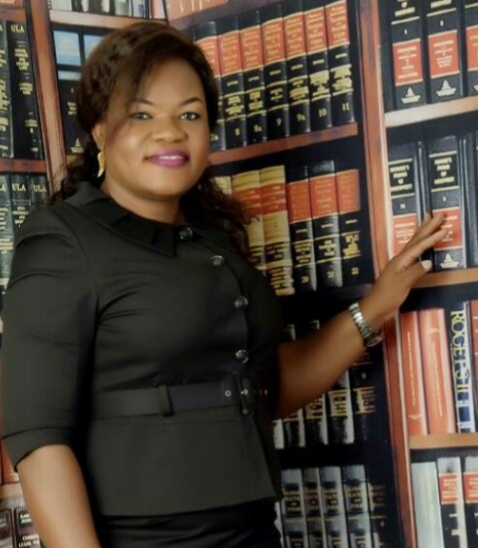By Amauche Onyedum, Esq
In honour of Hon. Justice Ayobode Olujimi Lokulo-Sodipe of the Court of Appeal Akure Division.
I only met My Lord, Hon. Justice Ayobode Olujimi Lokulo-Sodipe, JCA and for the first and last time, on the zebra-crossing prints of the numerous law reports in Nigeria, while I was en route to knowledge. His looks were overpowering because of the depth of the issues he had for determination. Despite these looks, I tarried on, in my quest to learn from his wealth of knowledge.
ELECTION PETITION: TEN RULES FOR FILING
- Thou shall not walk and work alone. Set up your team for the Election Petition. Thou shall not have a team of like minds who will say yes to all you say, but a blend with some critics who will open the team’s thoughts to the opponent’s line of thoughts. This will grant you the room to be steps ahead and proffer a worthy solution to those areas.
- Thou shall file the election petition for a candidate in an election and/or a political party which participated in the election as stated in Section 133(1)(a & b) of the Electoral Act, 2022.
- Thou shall file the election petition within 21 days after the date of the declaration of result of the elections. The Tribunal shall deliver a judgment in writing within 180 days from the date of the filing of the petition. This is as stipulated in Section 132(7 & 8) of the Electoral Act, 2022.
- Thou shall not make an INEC official a party to the Petition. It will suffice to have INEC as a party, to act for itself and on behalf of its officers or such other persons, as stipulated in Section 133(3) of the Electoral Act, 2022.
- Thou shall question the election on the following grounds: (a)a person whose election is questioned was, at the time of the election, was not qualified to contest the election ; (b) the election was invalid by reason of corrupt practices or non-compliance with the provisions of this Act ; or(c) the respondent was not duly elected by majority of lawful votes cast at the election and as stipulated in Section 134(1)(a-c) of the Electoral Act, 2022.
- Thou shall endeavor to state your claims because where the reliefs that are relevant and appropriate in the light of the facts contained in the pleading of a party are not asked for, so that even if the case is tried and the plaintiff’s case is proved, no remedy will ensure to the benefit of the plaintiff, leaving his position unchanged, the trial of such a case amounts to an idle and vain exercise. Such a case is clearly incompetent for trial. If it proceeds to trial, it would be dismissed. See: NWOBASI v. OGBAGA & ORS (2015) LPELR-40669(CA)
- Thou shall have your assertions supported with evidence. It is elementary law that a party who makes an assertion must prove the truth of it, in order to succeed in the action. A paragraph in a pleading not proved is of no avail to the party. ADAKE & ANOR v. AKUN (2003) LPELR-72(SC).
- Thou shall schedule the election results you intend to work with. The scheduling will leave you more organized, strengthen your case and expose knots you need to tie up before the hearing of the petition.
- Thou shall not forget the documentary or verbal compliance with Section 84 of the Evidence Act on computer-generated evidence.
- Thou shall not forget that the address of Counsel, no matter how beautiful, brilliant and erudite it sways like the African hips, cannot take the place of evidence on record. ANDREW & ANOR v. INEC & ORS (2017) LPELR-48518(SC)





